About us
Learn all about our history, goals, and visions.
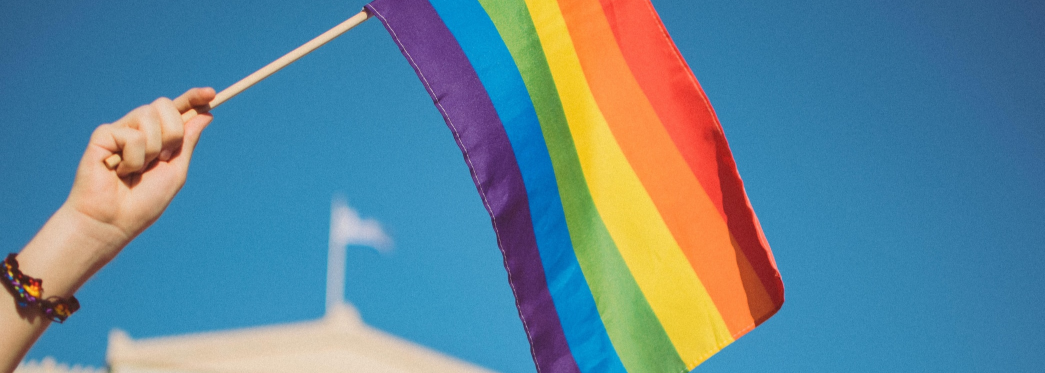
History
The Rainbow Cities Network is a network in motion. Political shifts in the local government can mean an increased attention for LGBTI citizens, but it can also have the opposite effect. New members joined, while other members decided to prioritize differently.
The history of our network is living proof of these changes, the Network remains an interactive, inspiring platform to discuss, exchange, and work together on increasing social inclusion and equality for all.
The network was founded by the cities of Amsterdam, Barcelona, Cologne, and Turin as an informal network.
In 2012 some new members such as Berlin, Bologna, Geneva, Munich, Madrid, Torino, Vienna, and Zurich joined the network,making a total of 12 cities. At this point the organization remained as an informal network for exchanging ideas among their members but it was in 2013 when Bergen, Hannover, and Ljubljana also joined.
The first annual meeting took place in 2013 with a more structured organization and clear goals, thanks to the great leadership of the Dutch government, the RCN received funding for the first time to operate. As a result of this, it’s first annual meeting was hosted in Amsterdam and Queen Máxima of the Netherlands played the guest of honor.
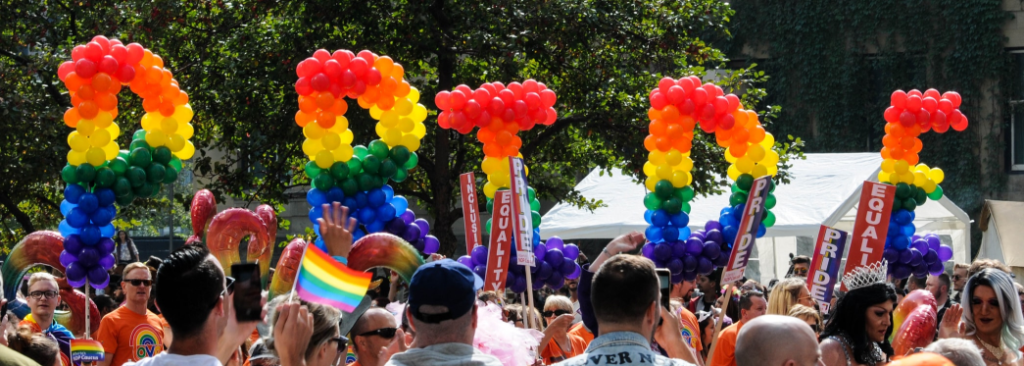
2014 was an exceptional year for the Network when seven new cities such as. Bruges, Brussels, Esch Zur Alzete, Ghent, Hamburg, Leuven, and Mexico City became members. This marked the year where our network stretched beyond the European borders, becoming truly international.
In 2015, the third edition of the annual meeting hosted by the city of Geneva, welcomed 18 cities including Brighton & Hove in the United Kingdom. By 2016, 25 cities from 14 countries were exchanging “best practices” and started the first edition of the IDAHOBIT photo exhibition. This year all memebers were pleased to welcome Şişli, in Istanbul and Sao Paolo, Brazil.
Beşiktaş, Oslo, and Paris joined in 2017. At the end of this year the Dutch government informed that the funding for the organization would be suspended, Therefore, at the annual meeting in Ljubljana, the members decided to form an independent and self-sustainable international organization. In 2018, in Barcelona. The members set the by-laws that paved the way for Rainbow Cities Network to be registered as an organization on July 8th, 2019.
At the annual meeting in October 2019 in Esch Zur Alzete, 28 members welcome the new coordinator, Manuel Rosas Vazquez and that marked the onset of a new chapter for the organization.
Our organization
Since discrimination of LGBTI people often takes place in their direct surroundings, municipal and regional authorities have an important role to play in combating discrimination of LGBTI people. Discrimination of LGBTI people is seldom explicitly dealt with by most local administrations. The Rainbow Cities are the exceptional in this regard as they consider it their responsibility to protect and support their LGBTI citizens.
Exchange of good practices, joint activities, and initiatives among these cities are important ways to increase the impact of local approaches and to allocate budgets effectively, resulting in greater social inclusion, contributing to the goal of creating sustainable and liveable cities for all.
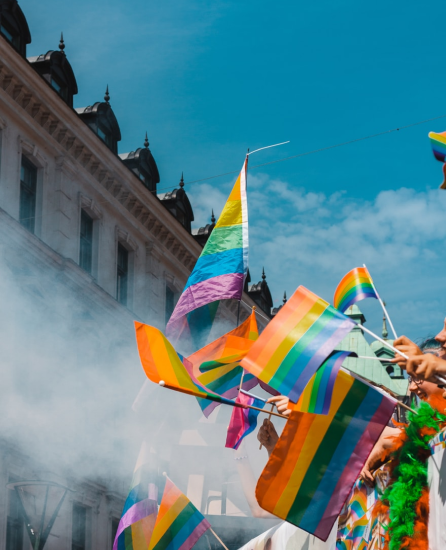
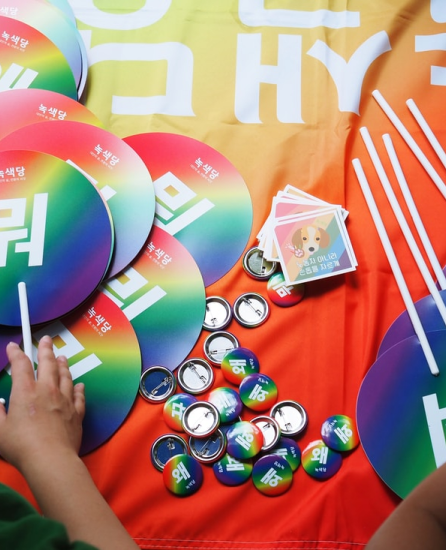
Our network finds strength in its 60 members from 22 countries and continues to accept new adherents.
Rainbow Cities Network is managed by a managing director and administered by the board, consisting of seven active member cities. Currently, the board is composed of Hanover (Chairperson), Sao Paulo (General Board Member), Copenhagen (Secretary), Mexico City (General Board Member), Cork (Co-Treasury), Paris (Co-Treasury), and Barcelona (General Board Member).
How we work
Cities are represented by a staff member (max.2) of the administration and not by politicians or NGO representatives. However, we work closely with both groups. By organizing the RCN in this manner, the members aim for sustainability and commitment with regard to policymaking and implementation. The Mayor, or Deputy Mayor, of a member city, needs to guarantee political support by signing the Memorandum of Understanding (MoU), committing to the goals and activities of the Network.
The Rainbow Cities Network meets once a year, each time hosted by another member city. The cities communicate via an internal email list, to which only member cities have access.
The Board
The board is composed of a minimum of three to a maximum of five active members of the network. They are elected for a period of two years at the annual meeting and act as guardians of the by-laws and administer the coordinator’s management.
The Managing Director
The managing director manages the activities and communications of the network internally and externally. The managing director promotes the RCNwith other networks, and is a spokesperson for the network as well as contact person for interested cities
The Audit committee
The audit committee board is composed of two active members (different from the board) to supervise the finance-related issues of the network, they are appointed every year at the annual meeting.
The Team
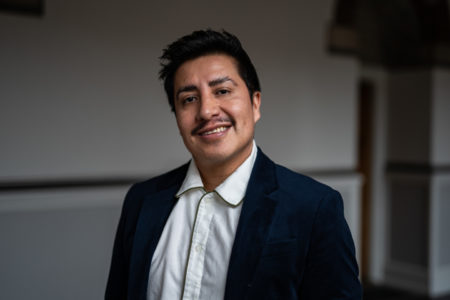
Manuel Rosas Vazquez (He | Him)
Managing Director
Mannheim
Manuel is the Managing Director of RCN. He works with the Board to set the strategy and direction of the network. Manages relationships with our members and other international bodies, and represents the network on platforms around the world. He is a specialist on international relations and strategist on LGBTI policies.
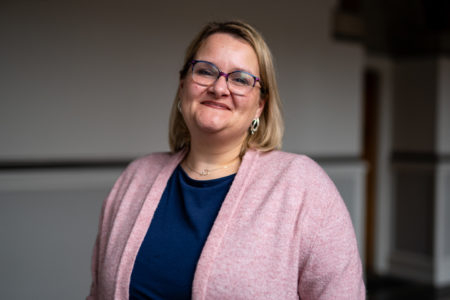
Juliane Steeger (She | Her)
Chair of the Board
Hanover
She is the representative for sexual and gender diversity at the state capital Hanover since 2012. There she works in the areas of (queer) women, seniors, and in the focus on rainbow families. Also on the Rainbow Cities Network, of course. In addition, a larger proportion of administrative work is one of her tasks.
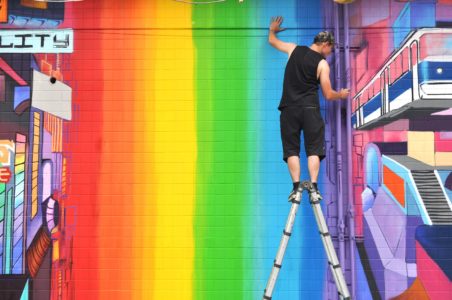
TBA
Sao Paulo
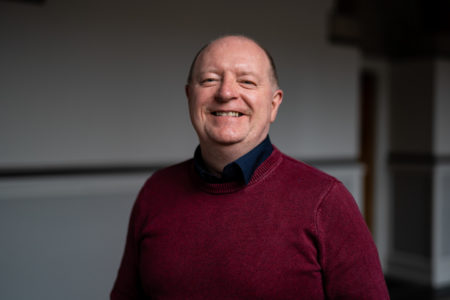
Kieran O’Connell (He | Him)
Co-Treasury
Cork
Kieran O’ Connell He/Him: Kieran represents Cork City. The City joined the Rainbow Cities Network in 2020. Kieran is a member of the Cork LGBTI+ Inter-Agency Group since 2018. The Inter-Agency leads out on LGBTI+ Inclusion on behalf of Cork City Council, local state bodies and NGOs. Kieran has been involved in social inclusion and equality work in the city through the community and voluntary sector on youth justice, addictions and community development. Intersectionality is a key feature of this work. He now works for the city as a social inclusion specialist and is deeply committed to building coalitions that promote equity and inclusion, in Cork city, nationally and internationally. Cork was delighted to be elected to the Board of the RCN again in 2024.
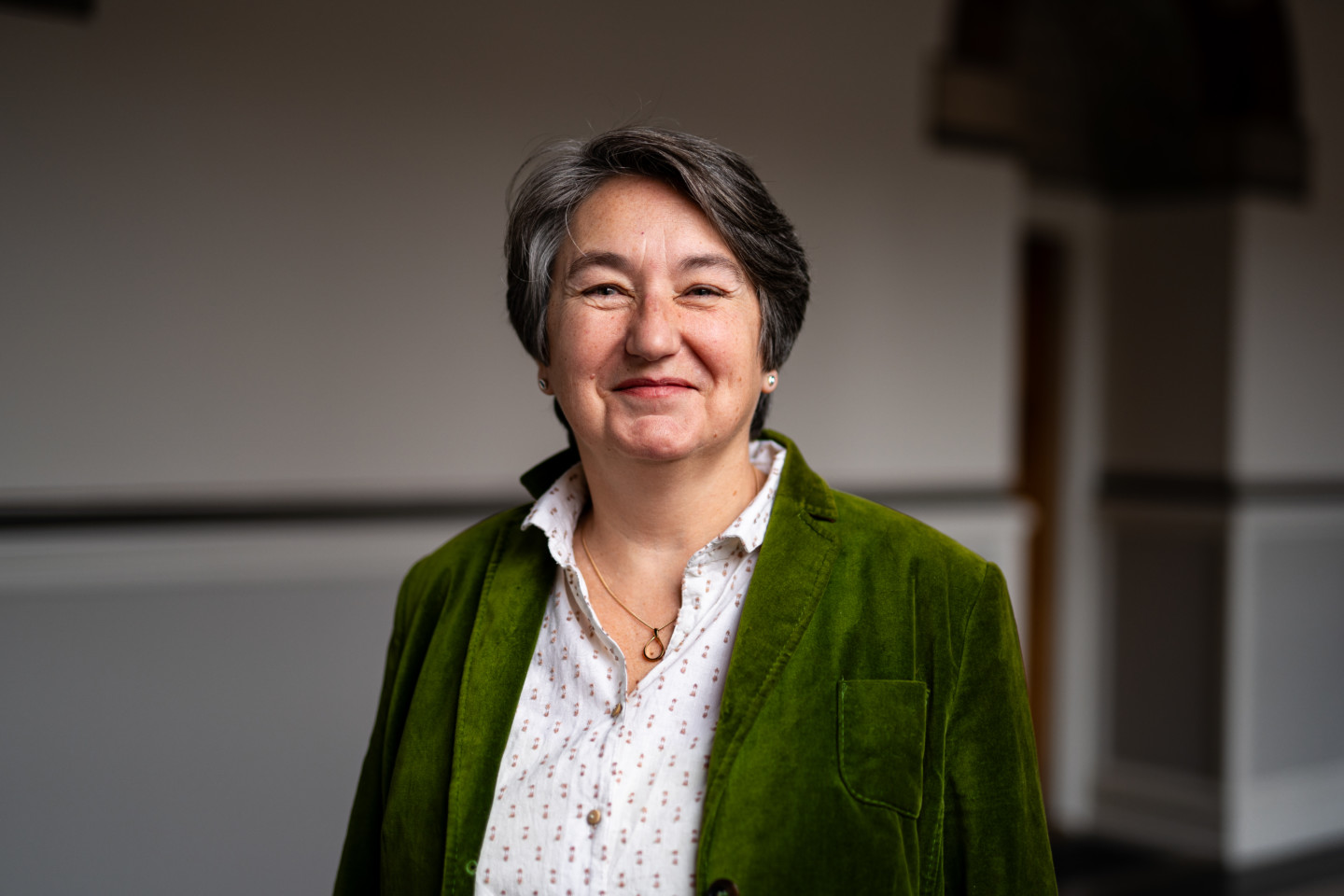
Hélène Dureux (She|Her)
Co-Treasury
Paris
Hélène has been the representative for the City of Paris in the network since 2020 and became a part of the board in 2024. She is LGBTQIA+ project manager for the anti-discrimination division of the City of Paris. Lesbian and feminist, she has strong associative experiences and she is convinced that NGO’s and networks are the best tools to make the world more inclusive.
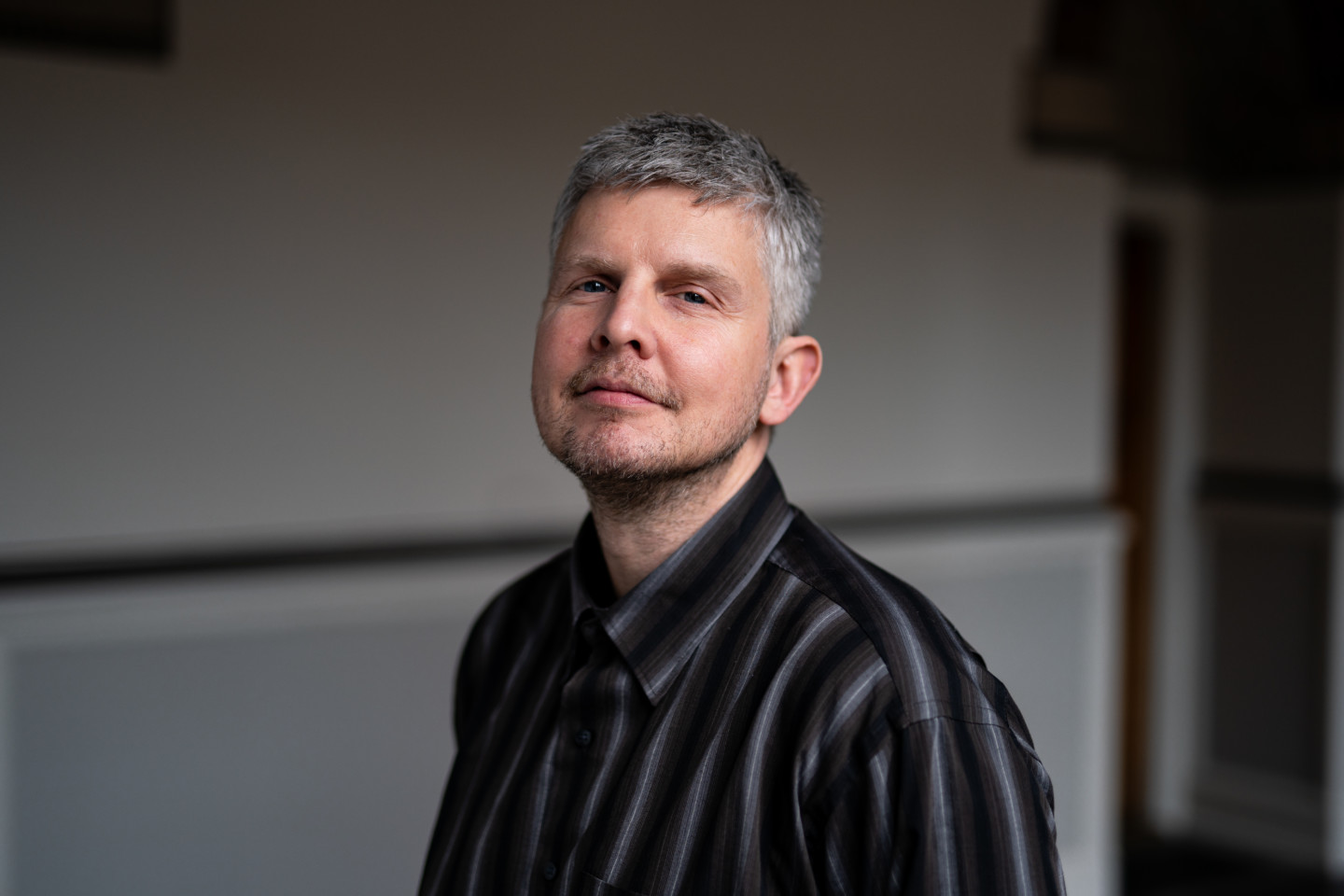
Rasmus Widell (He | Him)
Secretary
Copenhagen
Rasmus has been the representative for the City of Copenhagen since they joined the network in 2021. As part of the Gender Equality Unit, the coordinating body for promoting diversity, equality, and inclusion for both the City’s employees as well as residents, Rasmus has served as the point of contact for the City’s LGBTI+ policy and has been involved in many related initiatives. With experience in policy development, surveys, employee education, and knowledge-building within the City, Rasmus is committed to fostering international collaboration and knowledge exchange within the network, particularly with a data-driven approach to improving the lives of LGBT+ people.
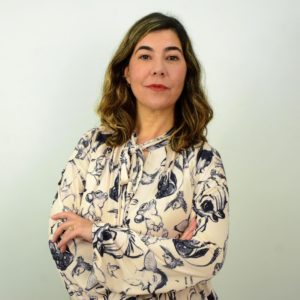
Geraldina González de la Vega Hernández(She | Her)
General Board Member
Mexico City
Geraldina González de la Vega Hernández has been the President of the Antidiscrimination Council (COPRED) of Mexico City since October 14, 2018. She holds a law degree from Universidad Iberoamericana, a master’s degree in Public Law from Universidad Anáhuac del Sur, and a Legum Magistra from the University of Düsseldorf in Germany. She is currently pursuing a PhD in Human Rights at Universidad Iberoamericana. Specializing in human rights, non-discrimination, priority attention groups, and judicial courts, she has published articles in various scientific journals. She co-authored Feminist Judgments: Rewriting Justice with a Gender Perspective, Mexico Project, the first of its kind in Latin American legal systems.
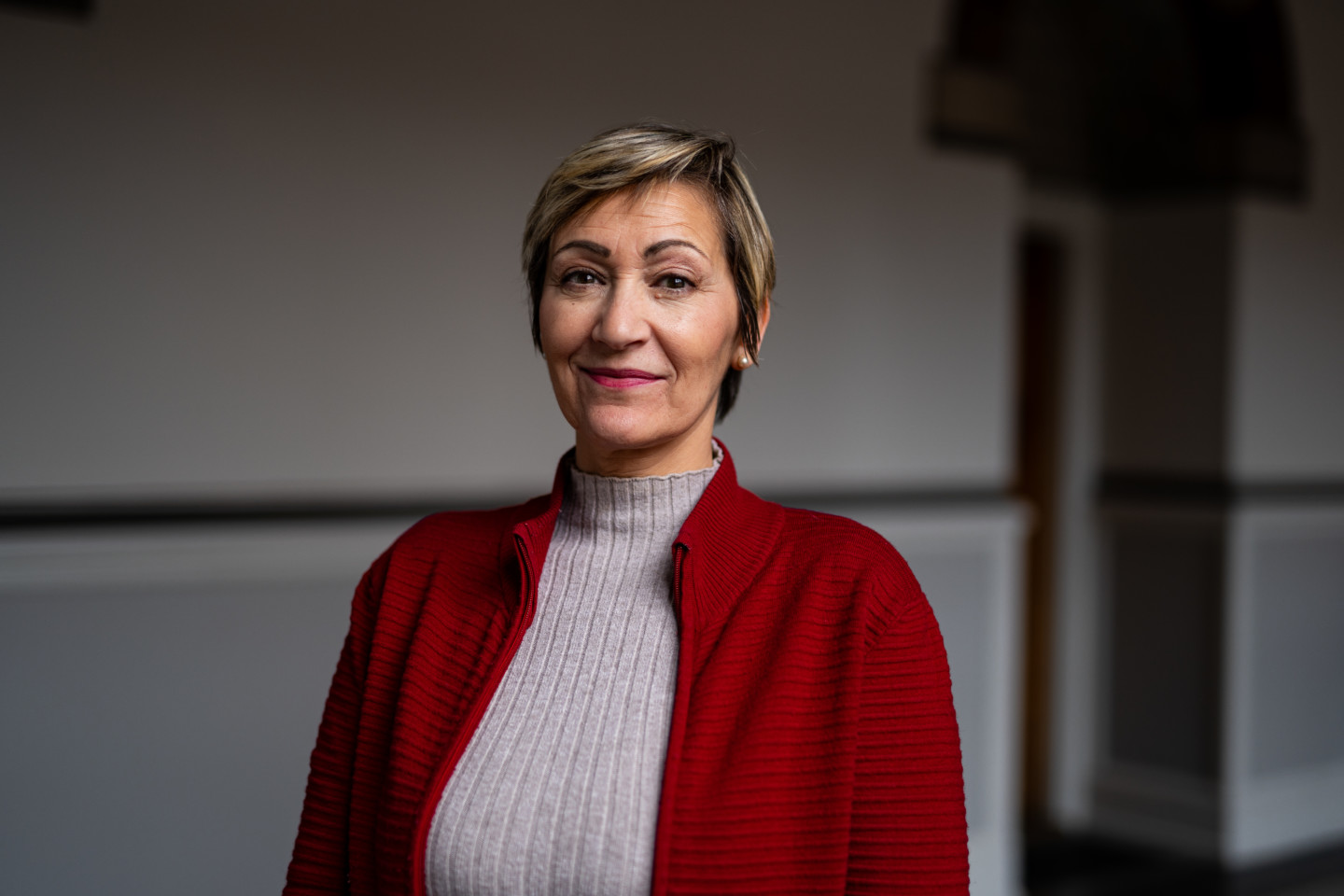
María Rengel Vilches (She | Her)
General Board Member
Barcelona
She possesses a degree in Psychology and a Master’s in Community Psychology from the University of Barcelona. Master in Local Public Management from the School of Public Administration of Catalonia. Employed by Barcelona City Council since 1988, She has worked in social and community services, being a specialist in the management of services to people and the territory in different Districts of the city. Responsible for the first Plan to fight against school truancy and school dropouts in the city in the Barcelona Education Consortium. Since 2021, She is Director of Feminism and LGBTI policy services at Barcelona City Council.
Audit committee
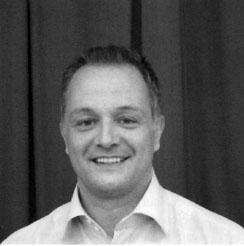
Dominique Vitali
Esch-sur-Alzette
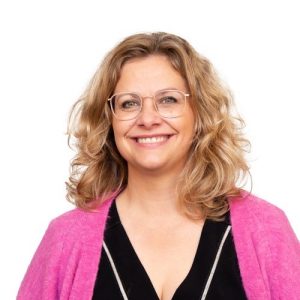
Elke Knoors
Leuven